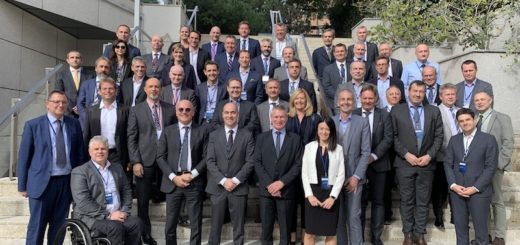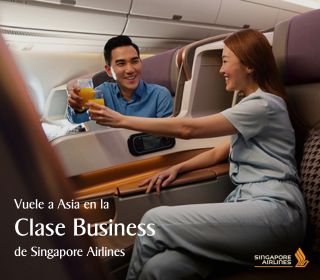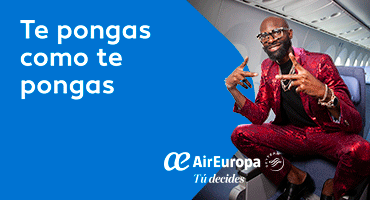Hotel industry buyers invest in marketing technology and loyalty programmes
In response to the growth of the sharing economy, hotel industry buyers invest in marketing technology and loyalty programmes.
A new survey from Travel Technology Europe shows that hotel industry buyers are investing in marketing and loyalty programmes in response to the growth of the sharing economy.
50 percent of hotel industry technology buyers have invested in marketing technology to promote their services as a direct result of increased competition from sharing economy businesses. 50 percent of buyers have also invested in loyalty programmes, recognising that repeat business can be an effective means of protecting their revenues from the growth of sharing economy businesses. Only 17 percent of hotel buyers have not responded to the growth of the sharing economy by investing in new technologies or enhancing their services.
| What has your company done in response to the growth of the sharing economy? | |
| 50% | Invested in marketing technology |
| 50% | Invested in loyalty programmes |
| 33% | Invested in the customer experience |
| 17% | Refurbished accommodation |
| 17% | Nothing |
Majority of hoteliers see the sharing economy as an opportunity
Four in ten (43%) hotel industry buyers view the sharing economy as an opportunity. Around 14 percent see it as a threat, with one respondent saying that they have lost significant business to Airbnb.
| Do you see the sharing economy as a threat or opportunity? | |
| 43% | An opportunity |
| 14% | Neither a threat nor an opportunity |
| 14% | A threat |
| 29% | Don’t know |
Steve Lowy, Chairman The Hotel Marketing Association and Travel Technology Europe Advisory Board member commented: «The sharing economy is nothing new. Back in the Middle Ages, people would sleep at inns on the way to a destination and exchange their stay for goods on the back of their horse and cart. The explosion of the tech-based sharing economy is another reason why hotels have had to focus on their own marketing, not just to stave off competition but also to protect their existing businesses. For too long hotels have said they are «technophobes» but sadly this doesn’t wash in the modern age, and it is great to see that the study has shown that hoteliers are investing in themselves and their own marketing activities and supporting technology.»
David Chapple, event director, Travel Technology Europe, commented: “The sharing economy has meant greater competition in the accommodation sector and it appears that buyers are responding to this by investing in marketing to differentiate their services and customer loyalty programmes to incentivise repeat bookings.
“At Travel Technology Europe, we’ll be discussing what hotel buyers can learn from the alternative accommodation sector and how hotels can enhance their marketing through technology and personalisation. Speakers at the show will also discuss other ways in which hotels are innovating to compete with sharing economy businesses, such as investing in mobile keys, virtual check-ins and developing their own hyper-local services.”
Travel Technology Europe features a Hotel Technology Zone connecting technology professionals to more than 30 innovative suppliers with solutions for revenue generation, guest experience and operational management. Exhibitors already confirmed for 2018 include AirDNA, Anand Systems, Anteeo Solutions, Avvio, Booking Builder, Codegen, Criton, Dolphin Dynamics, hotelkit gmbH, Guestline, Fairmas GmbH, Infor, Integrity Net Solutions, Lola Tech, Openkey, OTA Insight, Pace, Rategain, RMS The Hospitality Cloud, SiteMinder, Sabre, Stardekk, Top Dog, Traveltek Ltd, TrustYou and Zolv.
In addition, the conference programme has its own hotel technology stream, including sessions on how local services can help attract new revenues, successfully implementing personalization and the changing front desk.
*135 travel buyers took part in the Travel Technology Europe annual survey in December 2017. 66% of respondents worked in the UK, 20% in continental Europe and the 14% were from outside Europe.
















